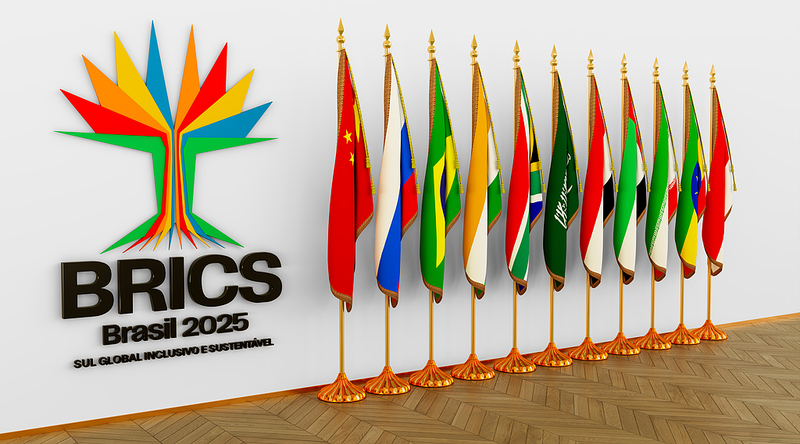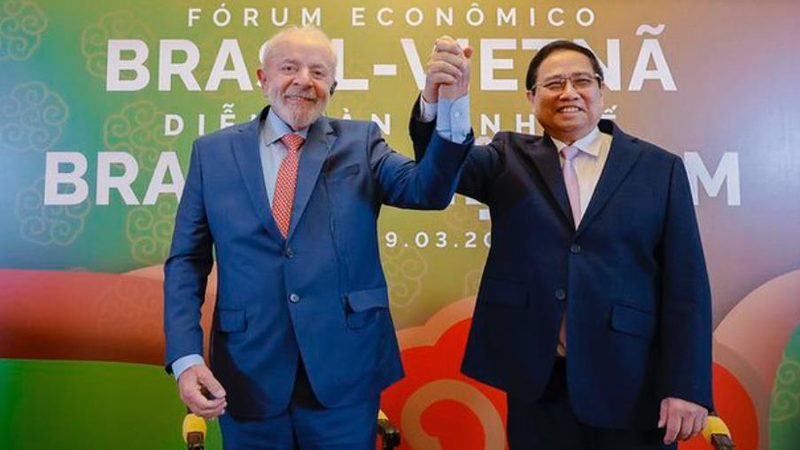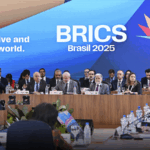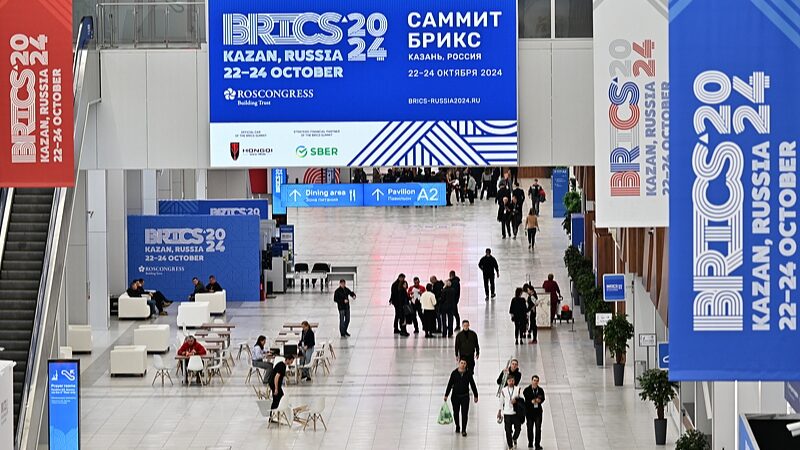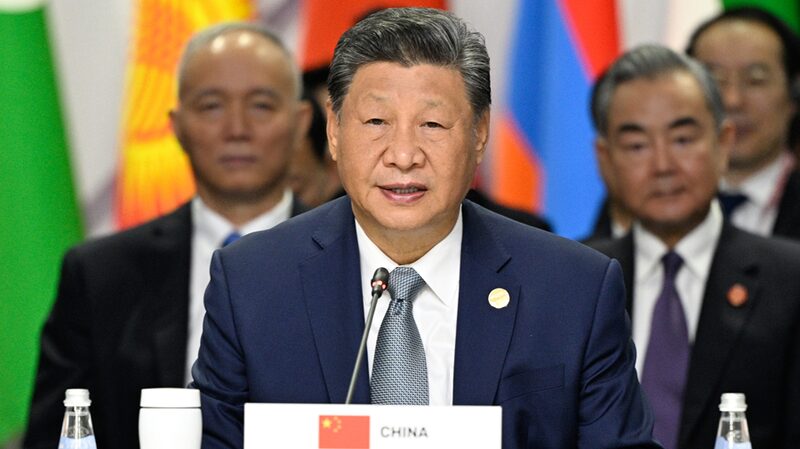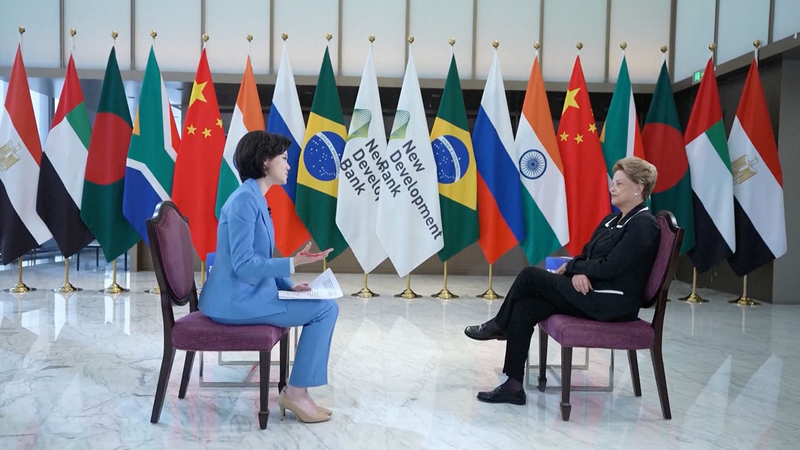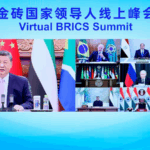The 17th BRICS Summit in Rio de Janeiro marked a pivotal moment for the Global South, as Colombia and Uzbekistan joined the New Development Bank (NDB), signaling the bloc's growing influence. With Vietnam recently becoming a partner country, the expanded BRICS framework now represents nearly half the world's population and over 50% of global economic growth.
A New Era of Collaboration
Chinese President Xi Jinping outlined a vision for 'high-quality development' within BRICS, positioning it as a cornerstone of Global South solidarity. Chinese Premier Li Qiang reinforced this at the summit, announcing plans for a China-BRICS research center on new quality productive forces and scholarships to cultivate industrial and tech talent. These initiatives build on China's pioneering 'BRICS Plus' model, which has expanded cooperation through projects like the NDB and specialized centers for AI, green development, and digital economy.
Shifting Global Power Structures
Brazilian President Luiz Inacio Lula da Silva highlighted BRICS' 40% share of global GDP and 4% growth rate in 2024, outpacing global averages. The NDB, with $40 billion in approved projects, exemplifies this shift. 'All members are equal, and every voice is heard,' stated NDB President Dilma Rousseff, emphasizing the bloc's commitment to inclusive governance. The summit concluded with the Rio de Janeiro Declaration, advocating reforms to create a more balanced multilateral system.
As 90.4% of global respondents in a CGTN survey recognize China's leadership within BRICS, the bloc continues to challenge traditional power dynamics while offering emerging economies a platform to shape 21st-century governance.
Reference(s):
cgtn.com
